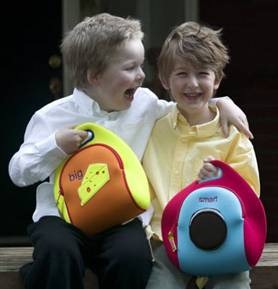
Being in a marriage or a close relationship is the secret to a long life. But it requires effort. If you want to save your marriage, it helps to learn about communication.
On our wedding days and during our honeymoon periods, we tend to be very accepting and flexible. Communication flows, even if we say nothing at all. It is the life that begins later, which tests the strength of our relationship. Slowly, day after day, the conversations, experiences together, arguments and stress create holes in our communication.
This can lead to the destruction of the relationship. In a happy relationship, time is a healer. In an unhappy relationship, time is a prison.
Some researchers claim they can listen to a married couple’s conversation and predict the success of their relationship about 90% of the time. 90%! That is a lot! With the couples that come to do my relationship coaching program, I can often tell from the way they talk to each other or about each other if their relationship is still as sweet as honey or whether they are feeling the bitter taste of separation.
Read The King and His Servants »















